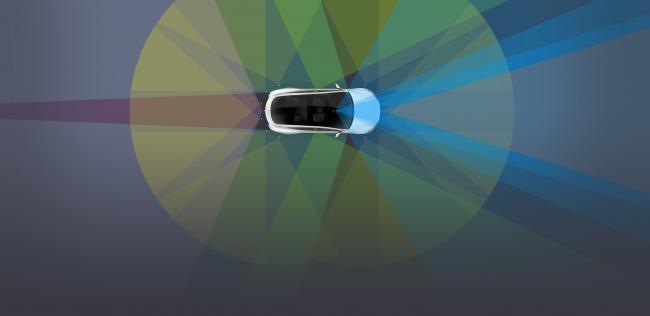SAFER ONLINE SEMINAR: DRIVER BEHAVIOR WITH TESLA AUTOPILOT & DRIVER ENGAGEMENT IN ASSISTED AUTOMATION
The seminar week 47 is hosted by Giulio Bianchi Piccinini, Chalmers and SAFER’s competence network leader for Human behavior!
___________________________________________________________________________________________________________________________
Driver behavior with Tesla Autopilot
Speaker: Alberto Morando, Postdoctoral Associate at MIT AgeLab, Massachusetts Institute of Technology
Tesla Autopilot (AP) is one of the most capable driver assistance system commercially available. AP is widely used but there is potential for complacency. Social media posts and news article have shown users participating in inattentive driving when using AP, but the issue is less understood from the scientific perspective. I will present our recent study on driver behavior with Autopilot. The work leverages the naturalistic driving dataset of Tesla owners collected by MIT since 2016. We found that drivers paid less attention to the road, paid more attention to non-driving related areas, and released control of the steering wheel when using AP compared to manual driving. Our work provides an initial reference of real world use of AP and it shows that despite some drivers not using AP as recommended, the system may afford this behavior.
Driver engagement in assisted automation
Speaker: Emma Tivesten, Senior research leader, Volvo Cars Safety Centre, Gothenburg, Sweden
Drivers using assisted automation are relieved of part of the driving task, but still need to supervise the automation, understand system limitations, and intervene when necessary to avoid a lane departure or a crash. When automation performance increases and becomes more reliable and available for extended periods of time, the supervising role becomes more difficult to maintain. A series of test track experiments was performed to understand how to secure driver engagement and conflict intervention performance while using highly reliable assisted automation. This talk will highlight some of the important findings from these experiments and provide an overview of the ongoing studies that extend this research.
____________________________________________________________________________________________________________________________
This seminar is only open for SAFER partners. Missing your invitation? Please contact Mikael von Redlich.

